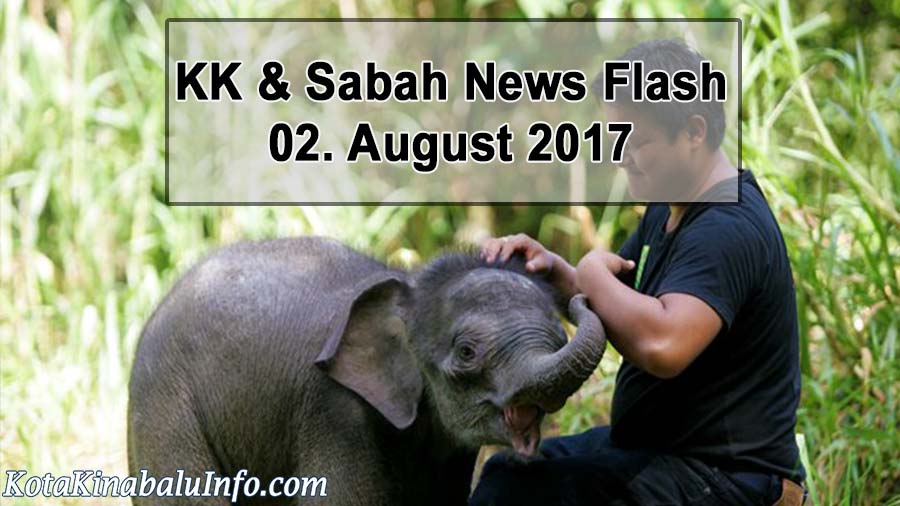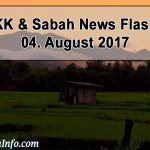Kota Kinabalu & Sabah News
02. August 2017
Milk Arrives for Baby Elephants at Wildlife Rescue Unit
Milk powder flown in from New Zealand to Kota Kinabalu was a big welcome at the Sabah Wildlife Department – Wildlife Rescue Unit (WRU) in Sandakan, assuring the five orphaned elephant calves of six months’ supply. According to Dr Diana Ramirez, WRU’s acting manager, the center saved some RM100,000 in costs because of the one-ton contribution donated by dairy giant Fonterra and NGO Rotarian Action Group for Endangered Species (RAGES). The calves, with ages between one and two and a half years old, have a daily milk consumption of up to 8 kg and will continue until they are about four or five years old.
Last year, Wildlife Rescue Unit, in association with RAGES, started to search for milk for the calves. After several trials, it was decided that Fonterra milk was the best for the baby elephants. Initial shipment of 1.2 tons arrived as a donation from Borneo Conservation Trust-Japan. The second shipment arrived at the Kota Kinabalu International Airport last July 25.
Debbie Mair, RAGES South-East Asia Project Director, said that their group is committed to their thrust in the preservation and conservation of endangered species.
Hero of Sun Bears
Dr Wong Siew Te is gaining international attention through his tireless efforts for the survival of sun bears, the smallest of the bear species. Putting up the Sun Bear conservation center in Sepilok, Sandakan, he has been quietly caring for the bears for nearly a decade now. The bears have been rescued from those who were keeping them as pets, which is illegal, or were orphaned by poachers.
Lately, Dr Wong was named by CNN as one of their heroes. A “CNN Hero” is one of the ordinary people doing extraordinary things that make an impact to change the world. The 48-year old biologist founded the center in 2008 and has cared for 55 bears already, two of which were released back into the jungle and another four are being prepared to be released this year. According to Wong, most of the bears cannot survive in the wild because they grew up not in their natural environment, having been used to receive their food and not to forage for it.
Dr Wong is from Penang and came to Sabah when he was still a student at the University of Montana to do research on the little-known sun bear. During his study, he noticed the decline in the bears’ population by as much as 30% and this stimulated him to put up the rehabilitation center. In his interview with CNN, he said that his work is not just for the survival of the sun bears but for the conservation of the entire forest system which is important for mankind.
The CNN documentary can be viewed in goo.gl/gsrVHK and more information on the rehabilitation center can be found at www.bsbcc.org.my.
WMG Plans to Expand Landbank
WMG Holdings Bhd (WMG) is planning to expand its landbank in the country after its debut in the Main Market of Bursa Malaysia. Quek Siew Hau, group managing director, said that residential and commercial property development projects worth RM1.3 billion will be launched on 17.85 hectares of land in Sabah.
At present, WMG has undeveloped landbank of almost 251 hectares in Sandakan and Kota Kinabalu. Quek said that property development has a possible market in those areas because of infrastructure projects being implemented there, like the Pan Borneo Highway.




Leave a Reply
Want to join the discussion?Feel free to contribute!